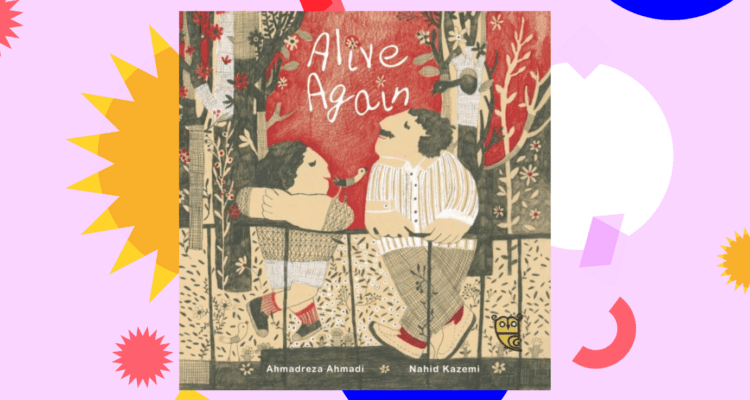Featured Poem: On the Departure of the Nightingale by Charlotte Smith

This week's Featured Poem, On the Departure of the Nightingale, was written by Charlotte Turner Smith while she and her family were in a debtors prison.
Born in 1749 Charlotte Turner Smith was the oldest child of a well-to-do family. Her mother passed away when she was very young so she and her siblings were mainly raised by their aunt. Charlotte took drawing lessons and learned dancing, music and acting at a girls school in Kensington, London. She enjoyed reading and writing poetry, which her father encouraged.
Her father's reckless spending had brought the family into financial difficulty and he was forced to sell some the family's holdings but marring the wealthy Henrietta Meriton in 1765 secured stability for his family. Charlotte was taken out of school to be tutored at home, entering society at the age of 12. When she was just 15, her father accepted a proposal on her behalf, marrying her off to Benjamin Smith, the son of a wealthy West Indian merchant and a director of the East India Company. Forty years later she condemned her father's action, writing that he had made her a "legal prostitute".
Her marriage was not a happy one, marked by arguments with her in-laws who mocked her for reading, writing and drawing. Worse still, Benjamin proved to be a violent husband who was often unfaithful. The Smith family had plantations in Barbados and had brought slaves to England. Although she profited from the income of slave labour at the time, Charlotte would later argue against slavery in The Old Manor.
Between 1766 and 1785, Charlotte gave birth to 12 children, though only six would survive her. Benjamin had abandoned the family business but she assisted where she could, helping her father-in-law, Richard Smith, with his correspondence. Richard was the only one to value Charlotte's writing skills and on her persuasion, set his son's family up on a farm estate in 1774. Worried that his son's irresponsibility would continue to be costly, Richard also sought to secure the future of his grandchildren by leaving the majority of his property to them in his will. However he had written the documents himself and they contained legal problems which tied up the inheritance for almost forty years. Charlotte's children saw little of the original £36,000. (It's thought that this case inspired Charles Dickens' writing of Bleak House).
Despite this, Benjamin spent at least a third of the legacy, illegally, and ended up in a debtors prison, where Charlotte and her children were also forced to reside. It was here that she wrote and published her first work Elegiac Sonnets which achieved instant success and paid their release from prison.
Whats more Smith's poetry inspired a revival of the sonnet form and were so well thought of that her later novels also achieved an aura of respectability, despite the general disdain for the novel at the time.
On the Departure of the Nightingale
Share
Related Articles

The Storybarn Selects… From The Reader Bookshelf
The Reader Bookshelf is a carefully curated collection of literature for adults and children, exploring a different theme each year,…

October’s Monthly Stories and Poems
October is brimming with lots of things to see and do, and so we are turning the month’s selection of…

The Storybarn Selects… From The Reader Bookshelf
The Reader Bookshelf 2024 is a carefully curated collection of literature for adults and children, exploring a different theme each year, this…


